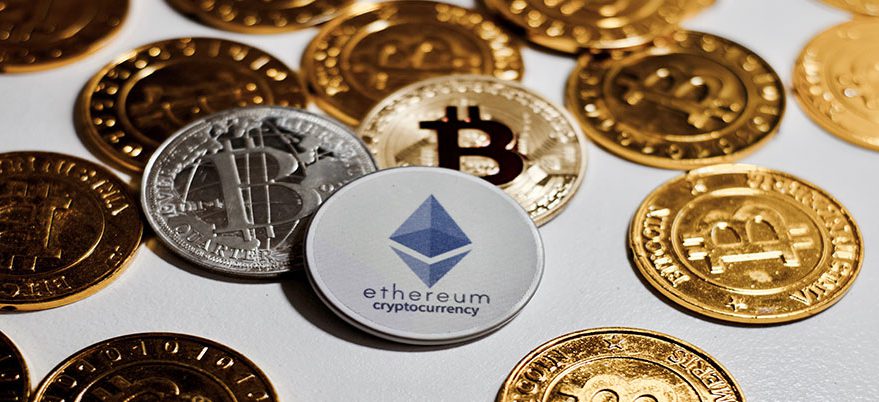|
Getting your Trinity Audio player ready...
|
Italian bank Banca IMI has explored the possibility of derivatives traded on the distributed server processing system ethereum, as part of a white paper published on Wednesday.
The bank, which is part of the much larger Intesa Sanpaolo group, drew up the report to examine how the $1.2 quadrillion global market for derivative instruments could be facilitated via blockchain technology.
In particular, the report focuses on an ethereum smart contract developed by the bank in partnership with blockchain firm Oraclize, which eliminated the possibility of default in derivatives contracts, even in cases that end in legal disputes.
The report was penned by the bank’s head of credit and interest rate models, Massimo Morini, and focuses on work central to his role at the firm. In addition to his work on derivatives, Morini also revealed several other projects that are under development, which could ultimately lead to an entirely new blockchain model for derivatives transactions.
Discussing the fundamentals behind the paper, Morini said Banca IMI had been working to develop a business model around offering these guarantees via the blockchain, in a bid to help create improved systems for derivatives trading.
“We tried to design a business model exploiting the technology such that from a financial point of view it works on the public blockchain, because the guarantees are so much stronger than those we have with standard technology,” he told CoinDesk.
The system focuses on collateralized derivatives, which currently experience delays, error and defaults as a result of generic contracts. However, with the Banca IMI system leveraging smart contracts for more precise paper in derivatives trading, their proposed model could eliminate these common issues.
Banca IMI revealed in the report that a proof of concept model had been developed and tested, demonstrating how in-built terms of derivatives in smart contracts could eliminate the potential for these problems to arise.
“In the end, it’s enough that the smart contract keeps a little amount of funds to be used in case one stops paying, to guarantee that even if one stops paying, in a few hours, you are out of the contract and you have lost no money…This is really a different business model from what we are used to seeing in standard financial markets, but financially, it works,” Morini said, according to the news outlet.

 02-18-2026
02-18-2026 




